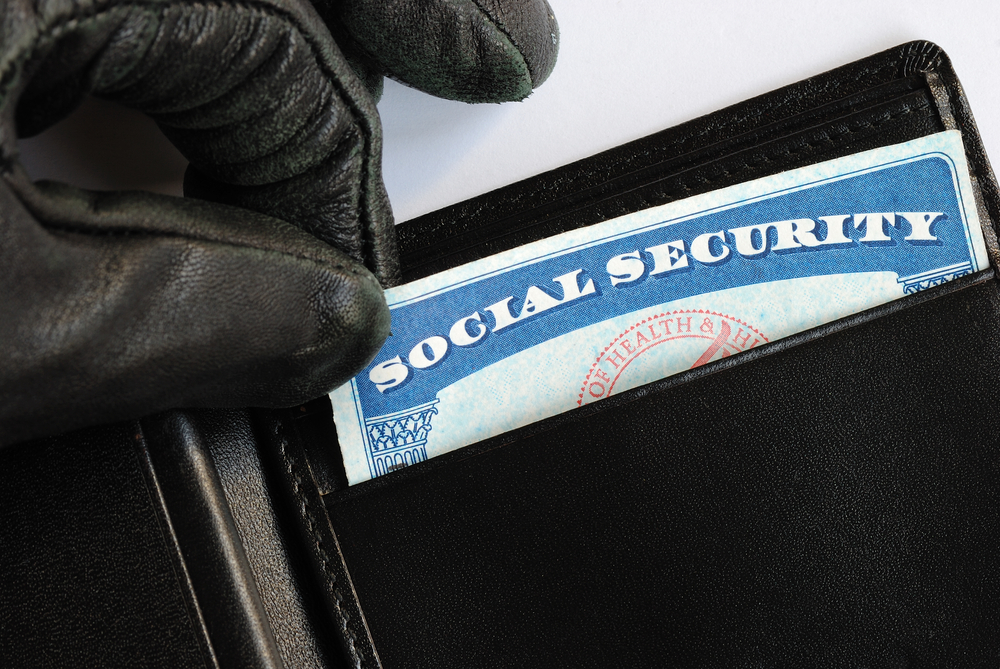Phil Cannella recognizes the dangers of identity theft, and hopes to bring awareness of this issue to seniors.
I read an interesting blog post today, and it reminded me of a problem that’s becoming all too common these days: Tax Refund Identity Fraud (click here to read the blog post).
This occurs when someone files a fraudulent tax return using your information, and then collects the resulting refund. The problem with this scam, and the reason it’s so hard to detect, is because the person whose information was used doesn’t find out about it until they go to file their own taxes. You see, the IRS won’t let you file a tax return twice, so if someone has already filed using your information, you won’t be able to file your own (legitimate) tax return. Once you find out the problem, you will most likely be in for a months-long ordeal unraveling all the red tape to restore your good name.
The reason this practice has become more common is because of the increasing popularity of filing your taxes online. Filing online usually doesn’t require hard copies of documentation like W-2 forms and 1099s, which makes it easier to file a fraudulent return. Also, since refunds can be given in the form of prepaid debit cards, the fraudster can be long gone by the time the fraud is detected, leaving little in the way of a paper trail.
Related Article- Phil Cannella Warns About Ratings Agencies
AARP has issued an alert about Tax Refund Identity Fraud urging retirees to be especially cautious about identity theft this tax season. That’s because many of the Social Security numbers that fraudsters use to file fraudulent tax returns are stolen from nursing homes, healthcare facilities, and insurance companies, making it more likely that retirees will be the ones affected by this crime.
If you’ve been affected by this scam, you will most likely find out in the form of a letter from the IRS, informing you that multiple returns have been filed under your Social Security number. If you receive such a letter, you need to inform the IRS that your identity has been stolen by filling out an Identity Theft Affidavit (click here to see that form). Unfortunately, there’s no easy way to resolve the situation once you have been scammed, so the better solution is to protect your Social Security number before it gets stolen.
The IRS has many great tips for protecting your Social Security number and other important information. You can find these tips at the IRS Identity Protection site (click here to visit).
As always, I will be working hard to keep ahead of the latest scams, and bringing that information to you, the American Retiree. Check back in with my blog to stay informed, and protect yourself from scammers.
Phil Cannella is the founder and CEO of Retirement Media, Inc.





